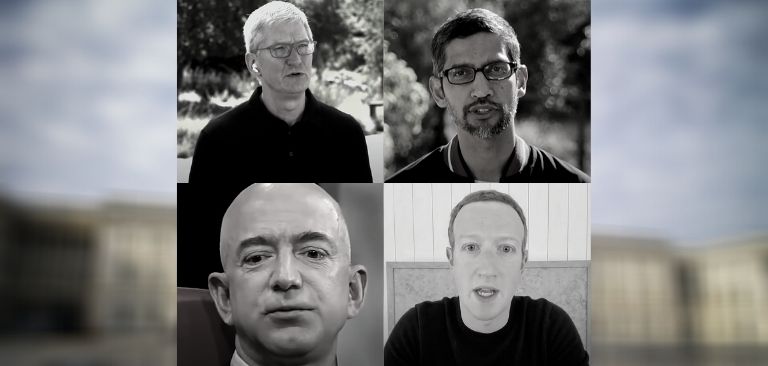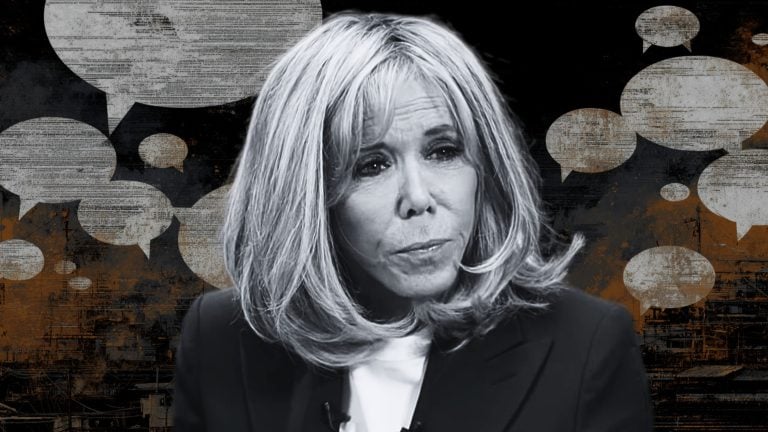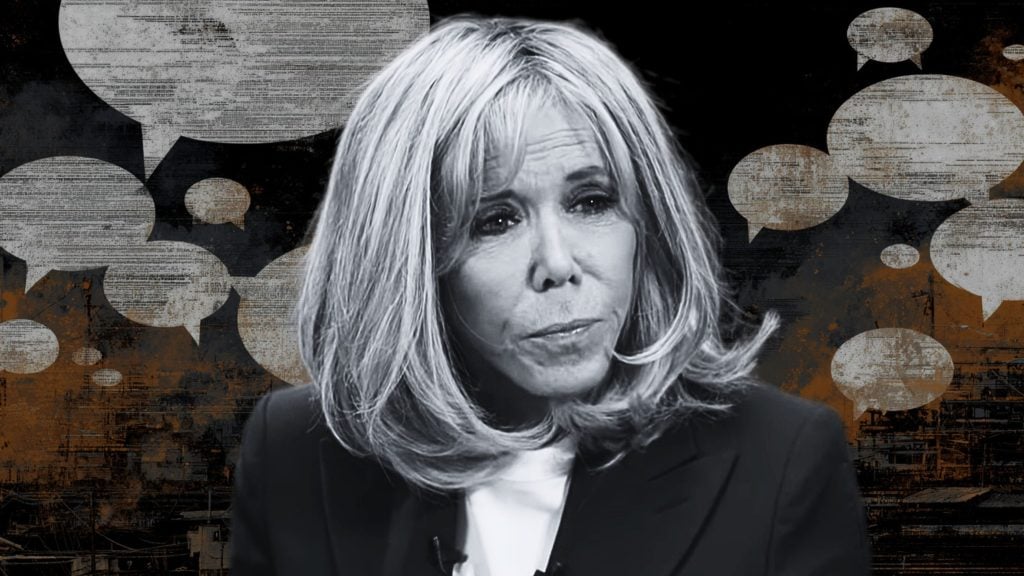Of late, the US lawmakers have been particularly keen on pinning a number of antitrust law violations to Big Tech companies Apple, Google, Facebook, and Amazon. While there are hordes of compelling allegations against the companies and their anti-competitive practices, the companies have also formulated their own version of reality to support their doings.
Learn how to watch them testify here.
Here we explore what the four Big Tech companies could possibly say to defend themselves against the many allegations against them.
Facebook, the social media giant also controlling Instagram and WhatsApp, is a force to reckon with. The company has great influence when it comes to online advertising and is known as a monopoly in the realm of social media networking.
Mark Zuckerberg, the CEO of the company, will possibly push the blame on Congress itself and will ask the US lawmakers to look into passing more robust laws to improve privacy and data security standards. What’s more, Zuckerberg would also likely extend a helping hand to the Congress in ensuring that “better” laws are framed.
Zuckerberg has, in the past, called for government regulation, likely feeling that if the government makes the rules then Facebook can’t continue to be criticized. Alternatively, Zuck may know, as in the case with Europe’s GDPR (privacy regulations), Big Tech companies have a compliance advantage over smaller businesses and it could actually cement Facebook’s power.
The company has also been taking a number of decisions to stomp down on “misinformation” and “hate speech”, and this would likely be mentioned as a key highlight as well. However, since lawmakers can’t regulate Facebook in terms of forcing the company to censor, due the First Amendment, what’s going to be more important is how Zuckerberg will respond to accusations of censorship, more likely from conservatives.
Google, unlike other Big Tech companies, doesn’t always shy away from admitting the fact that it holds the absolute monopoly when it comes to search engines. That said, right from the start, Google had been portraying its growth as a result of natural progression.
Furthermore, Google also makes it clear that it has consistently over-delivered to its customers in a field as competitive as digital advertising and may try and may make the mistake that suggesting that the presence of another Big Tech monopoly Facebook, and its strong position in the online ads market, is reason enough to suggest that Google’s isn’t a monopoly in this area.
But Google’s recent demands that news outlets censor the comments section of their sites if they want to remain monetized showed just how much power Google over websites when almost all competitive website display advertising is dominated by Google.
In terms of YouTube, which is owned by Google, CEO Susan Wojcicki isn’t testifying but Google CEO Sundar Pichai may take questions about YouTube. As recently as this year, Wojcicki has claimed that the video market is competitive and has used the presence of Facebook (Big Tech), (Instagram – Big Tech – and owned by Facebook), TikTok (may get banned in the US) and Quibi (a complete flop that isn’t likely to last) to make her case.
YouTube’s massive control over public perception, combined with its censorship of certain viewpoints and secret algorithms may get scrutiny.
Amazon
Amazon, much like any other e-commerce service, has been instrumental in the times of the COVID-19-induced lockdowns. Be it essentials such as groceries or non-essentials such as gaming consoles, Amazon has delivered it all and made its presence felt across the whole wide world, let alone America.
It, therefore, goes without saying that Jeff Bezos would bring the company’s unrelenting public service up, during the course of the hearing. Amazon particularly boasts aspects such as fast delivery, competitive pricing, and an extensive inventory as its differentiating factor to make it what it is today. All things said and done, Amazon would anyway have to defend itself against a number of critical allegations when it comes to how it runs the third-party marketplace as well as its more recent accusations of anti-competitive behavior.
On top of it all, there’s a compelling argument that Amazon uses the data gathered from selling third-party products to better develop and price its products, which again can be considered anti-competitive in nature due to the size of the platform.
Apple
Apple has been criticised about how it prefers its in-house apps over other applications, something that it’s only just starting to relent on when it comes to the next version of iOS where it will allow users to choose the default browser and mail app. But for other apps, the infamous Spotify vs. Apple Music fallout is a befitting example. The Big Tech company, however, may bring up the fact that it is out-done by Google’s Android by a large extent in terms of market share.
Coupled with that argument, Apple may also say that it locks down the app store in order to ensure better safety standards in its ecosystem and create a better user experience.
Apple has been censoring on behalf of China but that likely won’t get attention during an antitrust hearing. It’s also been preventing apps that support free speech from everyone’s iPhone – there’s a slim chance that will come up, depending how much of an understanding the panel has about the App Store and what Apple has been up to.
The hearing and the consequences that follow could greatly impact the way Big Tech companies exist. Even though Mark Zuckerberg welcomes regulation, neither of the Big Tech companies would want to see themselves split out and lose their collective power.
What’s more, these companies have also been indirectly hinting at the fact that China would potentially overpower the US if these companies are split up, which will likely get some pushback if they try to play that card.
All-in-all, Big Tech companies are now at murky crossroads with the US government and are desperately looking to emerge victorious; be it for protecting the dominance of the US in the international waters or meeting their personal ends.










